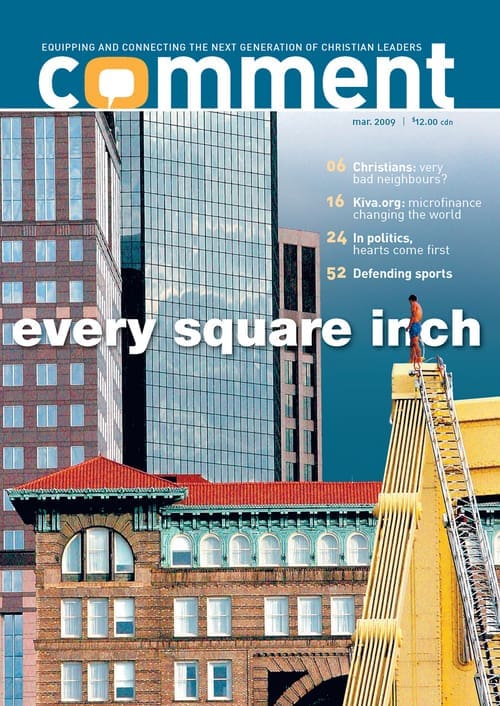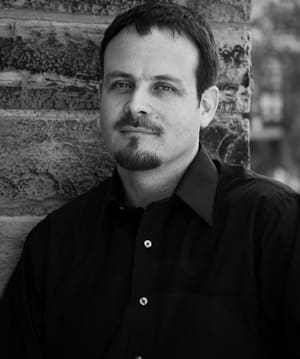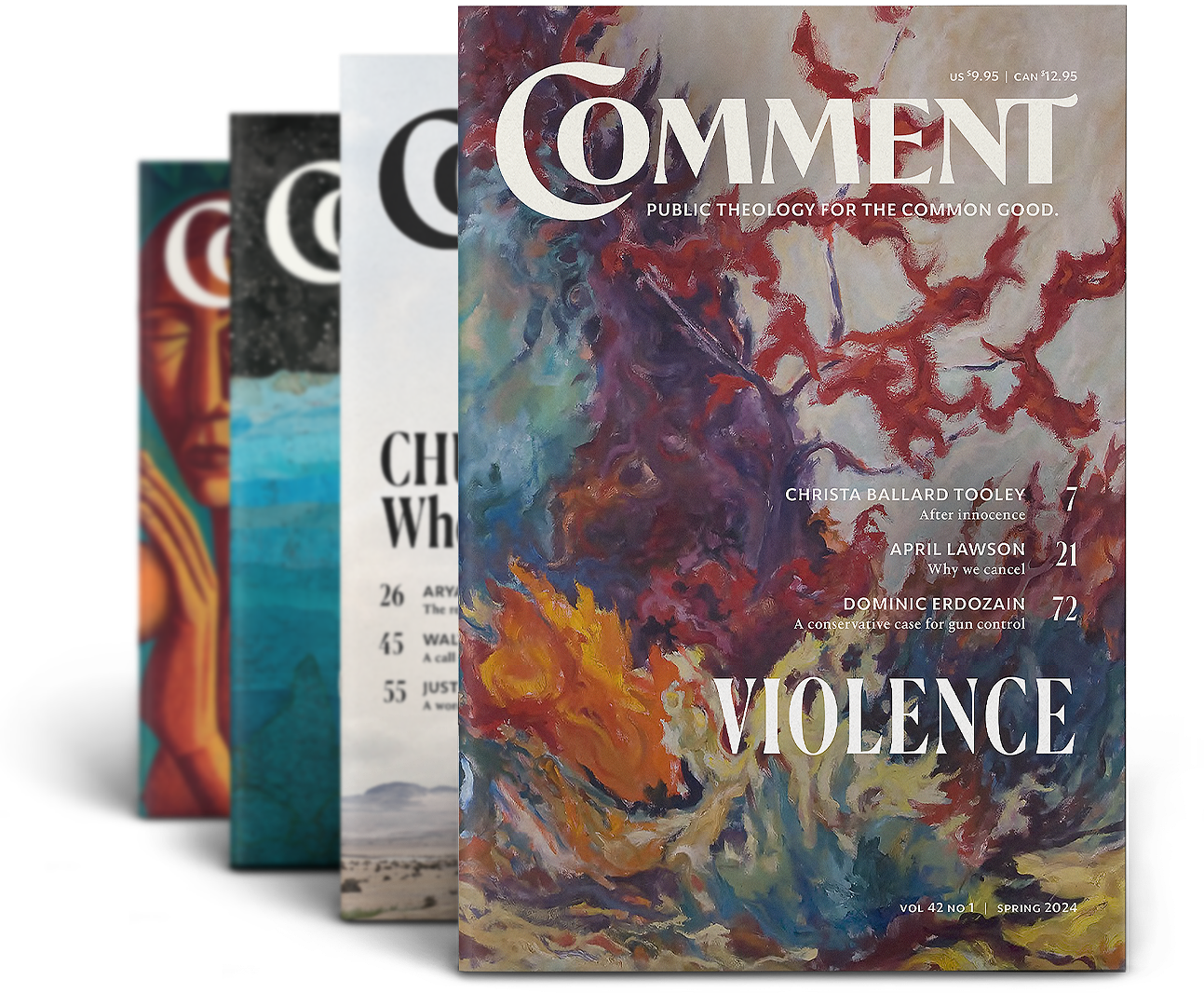Comment is about living toward the vision of a renewed earth: living in the everyday of our ordinary responsibilities with a bright hope and relentless resolve born out of a certain assurance that a day will come when all that is wrong in the world will be set to rights.
Given the peculiarity of this vision, it bears repeating, and it bears juxtaposition against the alternatives.
Some say that our world has no meaning. Whether this creed is confessed with a self-satisfied smirk, or with the determination nonetheless to make poetry of life, or in anguished yearning for something beyond despair, it is not what we believe.
Some say that our world shall be cataclysmically destroyed. Whether this creed is confessed in the hope of an immaterial heaven or some other high ideal realm, or in outrage against the foolish power of humanity, it is not what we believe.
Some say that our world shall yet see the unshackling of our harshest bonds, the fulfillment of our deepest desires, the achievement of our highest dreams, by means of our ingenuity, good will and grit. This is not what we believe.
The meaning of the world is a gift, given in its creation. The survival of the world is assured, even as it will pass through a removal of our evil as intense as the passing of metal ore through the fire of a refinery. The promised new world that shall result—indeed a world of freedom, love, and possibility—shall again be a gift rather than an achievement.
When we are called to give attention to the world as it truly is, we notice the signs of meaning and of promise, even as we stare our own evil and the evil of our neighbours in the face. Sometimes the gift of meaning signs out from the creatures with whom we share this world: the bright sun on white snow on a cold day; the sway of tall trees in a slight breeze; the sleek muscle or sweet song of some beast. Sometimes it signs from the craft of our hands: the aroma of a richly brewed drink; the passage of a just law; the snug fit of a comfortable sweater. And there are moments when the promise of the world to come winks at us more obviously than usual, and we laugh out loud: at the splash of a baptism; in the midst of a festive meal; when promises are kept or forgiveness extended.
Some of our writers in this issue, and some of you who read it, enjoyed such winks recently, at the Jubilee conference in Pittsburgh—a conference named after the regular 50th-year wink of the world to come enacted in the law of Leviticus 25, when the people of Israel where to set things in their proper order again, when the land gifts of God to his people were to be restored despite the intermediate borrowing and lending, failures and successes, effort and folly. We hope that all of us, as we read and ponder the Jubilee words gathered for us in these pages, will descry the winking world more clearly as it truly is, and that the sight of it will embolden us to live our ordinary lives with extraordinary delight.



